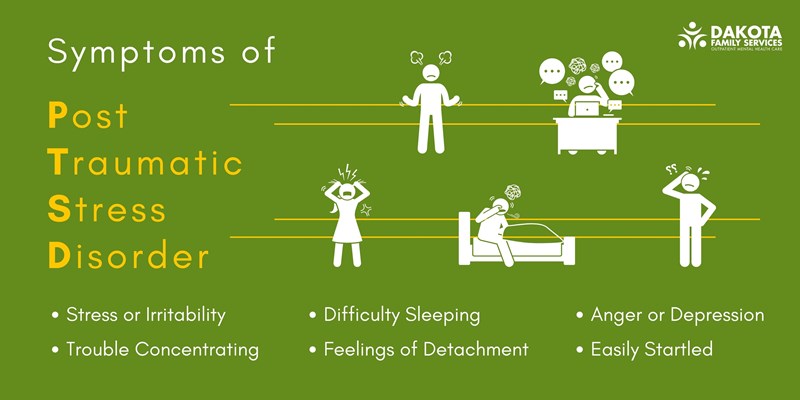Post-Traumatic Stress Disorder (PTSD)
Definition
Post traumatic stress disorder (PTSD) is a psychological condition that some people develop after experiencing or witnessing a terrifying event. People with PTSD often relive the trauma through nightmares and flashbacks, have difficulty sleeping, feel detached or estranged, and/or have problems with anger or depression. People with PTSD often feel stressed and irritable, have problems concentrating, and may startle more easily. Some people never develop PTSD, for some it's a temporary reaction, and for others it becomes a life-long problem.
Key Things to Know About PTSD
- PTSD was first identified in soldiers during the Vietnam War. It can be caused by a single, life-threatening or traumatic event, or by ongoing events such as childhood abuse or domestic violence.
- Researchers have found that exposure to a traumatic event can change the physical structure of the brain. These brain changes can be a factor in causing PTSD.
- According to the Institute for Mental Health, “Not everyone with PTSD has been through a dangerous event. Some experiences, like the sudden, unexpected death of a loved one, can also cause PTSD.”
- As many as 1 in 10 people will develop PTSD at some point in their life.
Treatments Include:
- Trauma-Focused Cognitive Behavioral Therapy (TF-CBT)
- Eye Movement Desensitization and Reprocessing (EMDR)


